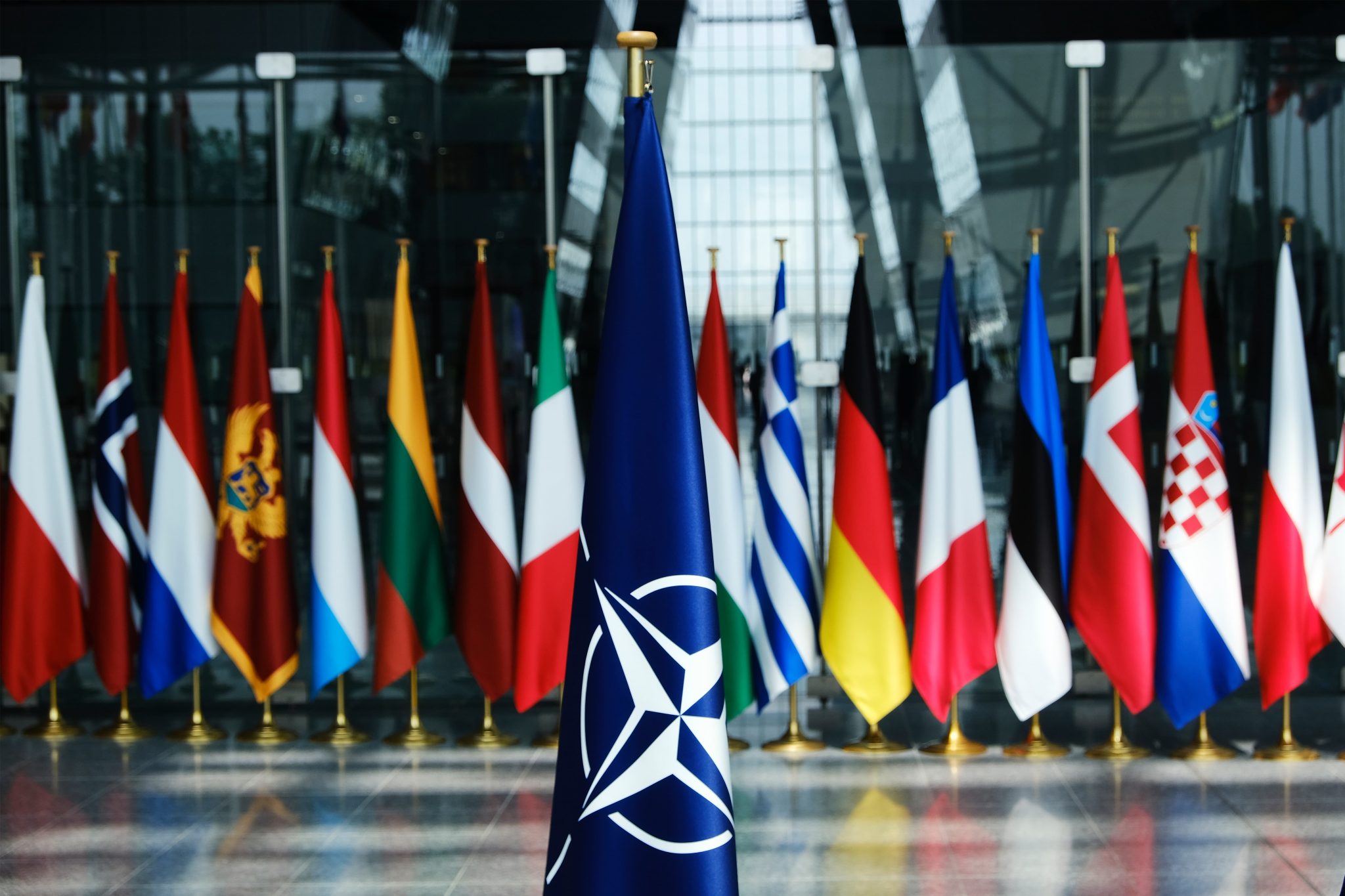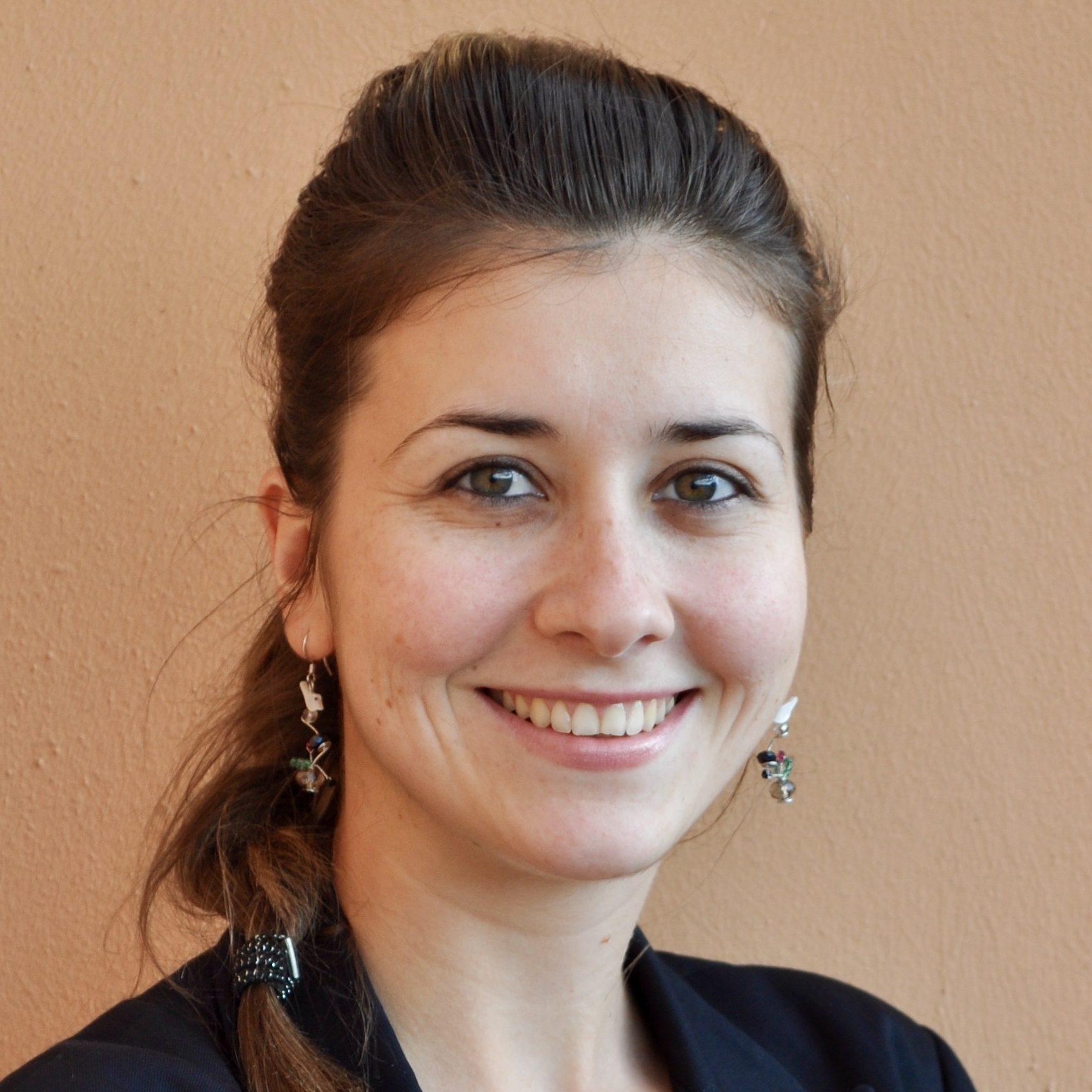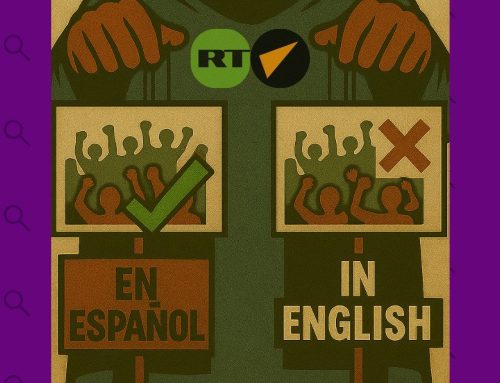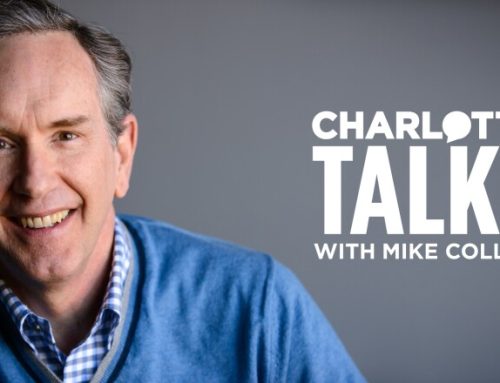Euractiv asked key representatives and security sector experts to answer the question, “How will transatlantic relations change in the near future?” Below is an English translation of Fellow and Program Manager Nad’a Kovalcikova’s response.
NATO’s three core tasks of collective defense, cooperative security, and crisis management, have shaped its enduring mission for the past ten years since the adoption of the current Strategic Concept in 2010. During the June 8 conversation with the NATO secretary general at the public launch of their reflection process on the Alliance´s future, Jens Stoltenberg reminded us that NATO has been constantly adapting to the evolving security environment.
Today, while facing the global health pandemic and other threats of the 21st century, NATO is at a crossroads and reviews its strategic posture. In order to fully implement lessons learned from the last seven decades, NATO allies should seek further adaptation and innovation of their methods and capabilities. In addition to the conventional security threats, they should get a better understanding of opportunities and risks of advanced dual-use technologies (civil-military), and address effectively disinformation, cyber threats, health crises, climate change, gender violence, and geopolitical shifts, which are contributing to the growing tension between authoritarianism and democracy. All of these threats cannot be addressed effectively if not tackled in partnerships with state and non-state actors in the spirit of transnational cooperation.
Slovakia showed some degree of leadership in its rapid response to the coronavirus pandemic and can do so in all the other areas named above. Slovakia must continue defending and protecting democratic principles and keep being a reliable partner for the other 29 members of the Alliance.
NATO’s security role in the future is critical as it brings together allies around one table and helps defend them against external threats. But the idea of NATO expressed in the motto “We are stronger together “should not be applied only when standing up to adversaries and security threats on the NATO borders, but also when witnessing injustice within them. Resolute approach towards rising and new threats, based on values of freedom, democracy, and the rule of law, is what will define the Alliance in the next years.




